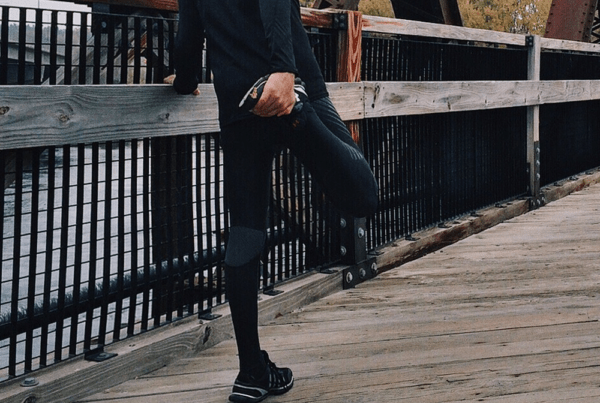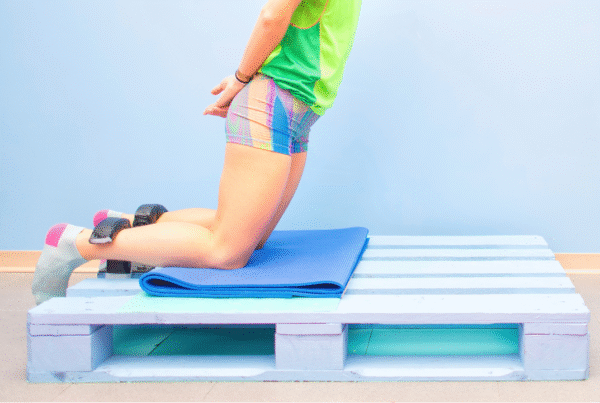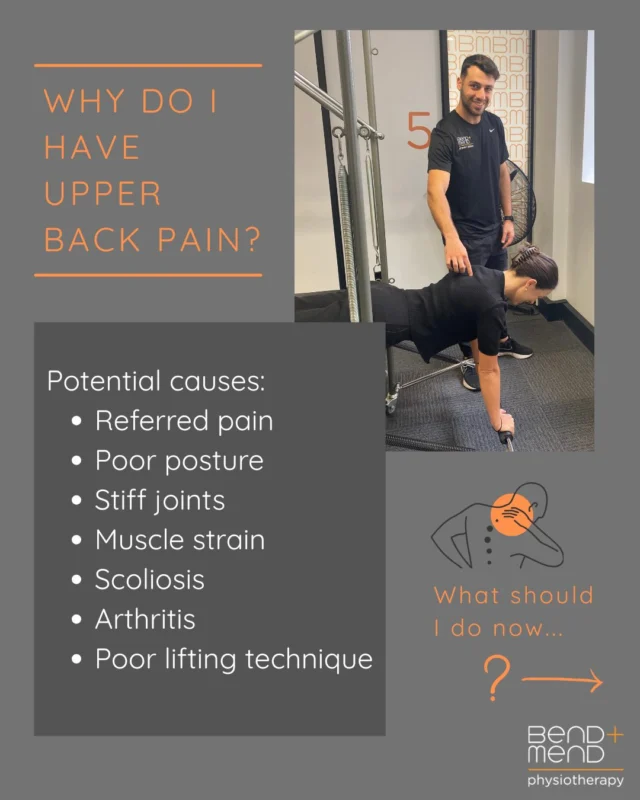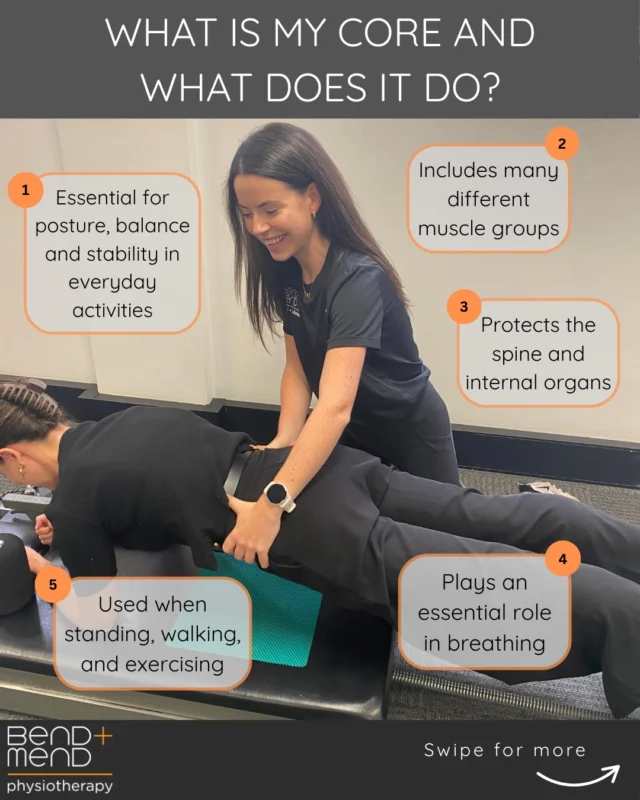The shoulder joint is an incredibly mobile joint, however with this mobility comes a lack of stability. Some individuals are more susceptible to having an unstable shoulder. Instability can be caused by factors such as previous trauma, poor muscle recruitment around the shoulder, or generally loose ligaments (something we can thank our parents for!).
Having suffered from numerous shoulder subluxations (a partial dislocation) and full-blown dislocations I personally know how debilitating shoulder instability can be. Episodes of instability can occur while stretching with your hands behind your head (below), rolling over in bed or even sneezing!
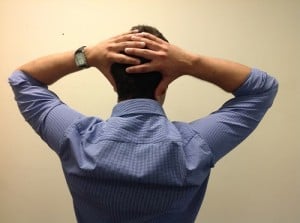 A position the unstable shoulder can be vulnerable to dislocation in.
A position the unstable shoulder can be vulnerable to dislocation in.
What are some of the symptoms of Shoulder Instability?
- Avoiding certain positions or movements such as reaching out for objects, rolling over in bed, and/or tucking your arm in by your side.
- Dead arm feeling, or waking up with pins and needles down the arm.
- Shoulder pain at the font, side or back of the shoulder joint.
- Feeling that the shoulder joint is loose or just ‘hanging there’.
Who is most commonly affected?
- Young males are the most commonly affected, especially those who play contact sports, or undergo work requiring repetitive overhead activity.
- Those who are ‘double-jointed’ or have loose ligaments.
- Those who have previously dislocated their shoulder through trauma.
How can physiotherapy help?
Physiotherapy will focus on improving dynamic stability of your shoulder. This will involve ensuring the muscles around the scapula (shoulder blade) are firing correctly to provide a solid base for the unstable shoulder (see video). Just as importantly, exercises will also be aimed at recruiting the rotator cuff more effectively. Manual therapy around the shoulder and thoracic will also facilitate a more stable shoulder.
Physiotherapy can also aid in identifying any muscle imbalances that may be occurring around the shoulder joint. Many young men who work out frequently focus on training the big, global muscles (such as the deltoids), however this can cause an overpowering of the rotator cuff muscles (which keep the shoulder in place). As a result the humeral head shifts upward and slightly out of place within the socket, leading to further instability.
What if I continue to experience instability in the shoulder?
If instability continues to occur throughout your day following a full course of physiotherapy treatment, an orthopaedic review may be warranted. You may also be required to undergo further scans to assess the degree of damage within the shoulder joint. Sometimes, especially after numerous shoulder dislocations the cartilage and bone may be too damaged. It is always advised to have scans following any dislocation.
Get your shoulder assessed by the staff at Bend + Mend Physiotherapy in Sydney’s CBD today!
